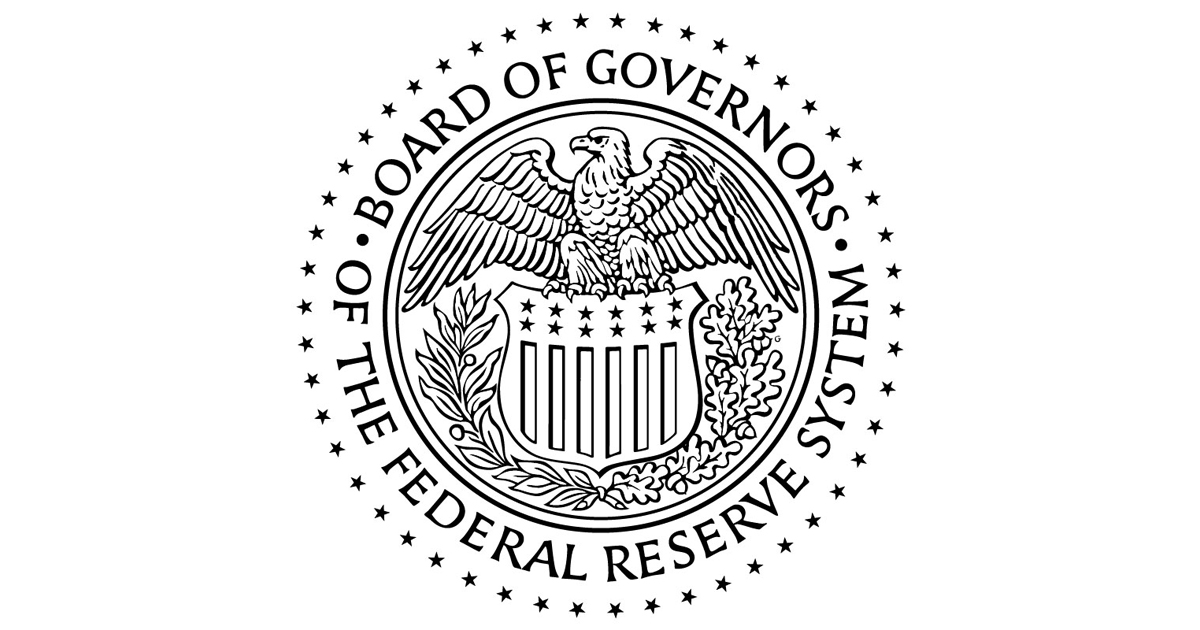Ed Roberts, pioneering MIT startup researcher, dies at 88
Born in 1935, Roberts grew up in Chelsea where his father delivered home heating oil, giving the younger Roberts an early firsthand view of small business. After high school, he crossed the Mystic River to attend MIT in the early 1950s, where he majored in economics and spent four years on the debate team.
As a graduate student, he studied under Professor Jay Forrester, who designed early computer systems. But Roberts was interested in applying Forrester’s work on system dynamics to understanding business organizations. The new discipline grew popular and Roberts was asked to join the MIT faculty in 1961, a year before he finished his PhD.
But it wasn’t until 1964, when Roberts was helping an MIT professor who ran a NASA-funded research lab, that he became interested in studying the formation of startup companies.
“I’m standing up putting on my coat, and I turn to him, and I say, can I ask you a dumb question?” Roberts recalled in an interview decades later. “I understand that people leave your laboratories to set up new companies. … Don’t they take with them ideas, developments, that they worked on while in your lab?”
The question went to the heart of many tech startups that arose from work in academia or government research. Roberts demonstrated that startups were the fastest means to commercialize new technology and busted the myth of the “lone genius” founder with research showing that teams of people and repeat entrepreneurs were more likely to succeed.
“There’s this narrative that you’re born to be an entrepreneur, and he did this research and debunked that,” MIT professor Bill Aulet, who also studied under Roberts, said. “It’s impossible to go into entrepreneurship, especially in Boston, but even globally, without finding his influences.”
After studying the phenomenon for the next 25 years, Roberts convinced MIT in 1990 to open a center at the Sloan School focused on entrepreneurship, now called the Martin Trust Center for MIT Entrepreneurship. And his influential book, “Entrepreneurs in High-Technology: Lessons from MIT and Beyond,” came out a year later.
“I wanted to change the view of people about the field of entrepreneurship,” he explained in a 2016 interview. “I wanted people to feel that entrepreneurship was, in fact, an area in which there was an organized body of knowledge, that that organized body of knowledge, in fact, had lessons, and that you could learn things from those lessons about how to found and build companies.”
Roberts didn’t just study startups, however. He also worked as a consultant, investor, board member, and cofounder.
Noubar Afeyan, founder of venture creation firm Flagship Pioneering in Cambridge and cofounder of biotech firm Moderna, first met Roberts in 1986. Afeyan was an engineering graduate student at MIT but talked his way into one of Roberts’s business school classes.
Roberts later invested through Zero Stage Capital, a VC firm he cofounded, in companies Afeyan started. And he recruited Afeyan to teach classes at the entrepreneurship center.
“I saw him up close as the real grandfather of the field of academic study of entrepreneurship,” Afeyan said in an interview on Monday.
Roberts also studied MIT’s contributions to startups. In 2015, a report he coauthored found that MIT alumni had started 30,200 active companies employing 4.6 million people and generating almost $2 trillion of annual revenue. (Just in the Boston area, that list includes Akamai Technologies, Moderna, and Analog Devices.)
Frederic Kerrest, cofounder of security firm Okta, recalled studying with Roberts at Sloan and asking the professor about his startup idea as graduation approached in 2009. Roberts offered encouragement and became an early investor, Kerrest said. Okta, which helps companies secure app and server logins, took off and went public in 2017. It’s worth more than $18 billion today.
“We lost a giant in the field of entrepreneurship,” Kerrest, now cochair of Okta, said in an email. Roberts was “an amazing person, family man, teacher, mentor, and a shining light in the field of entrepreneurship since before there even was such a thing.”
Even at 88, Roberts was still active at MIT, teaching classes and offering advice, his colleague Bill Aulet said. “He was fired up to teach,” Aulet said.
Roberts is survived by his wife Nancy, three children, and nine grandchildren.
Aaron Pressman can be reached at aaron.pressman@globe.com. Follow him @ampressman.




